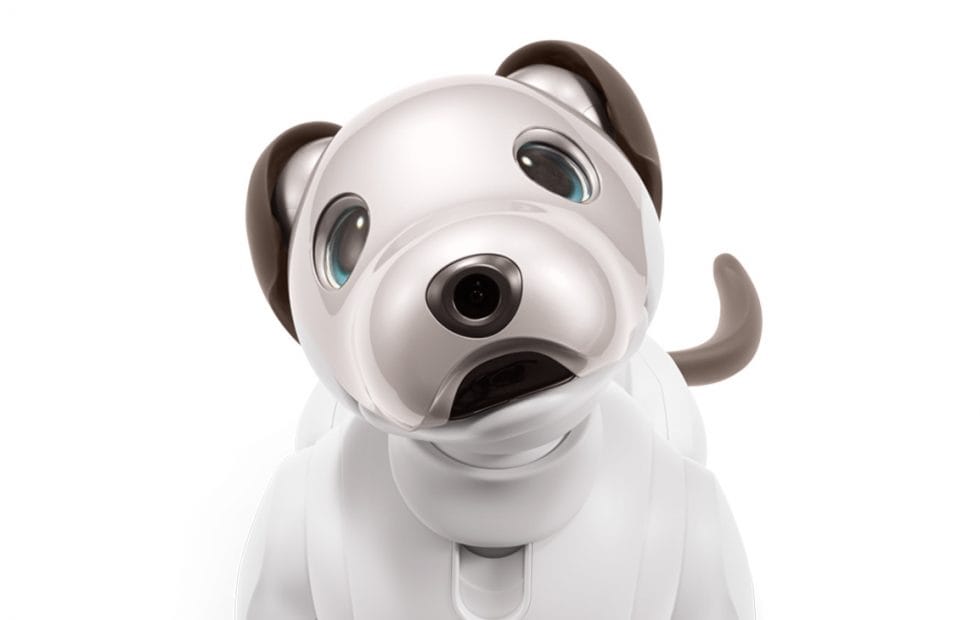Jibo, the world’s first family robot who promised us nearly everything, now left us with its last dance.
Aibo, with a hefty price tag at $2,900, announced its envoy to the States and immediately received press attention a niche product can hope for.
Two opposite events occuring at the same time always teaches us something. To a startup founder (who likes to remain anonymous), it’s a new definition of inequality at birth.
No, he is not referring Jibo was born and raised on Indigogo and Aibo was born into the Sony family. In fact, in terms of funding and media coverage, Jibo was an envy to many stealth hardware startups. (Jibo on Time’s cover as “25 best invention of 2017”)
Jibo was raised to be everything: utility, security, companionship…and learned Chinese before it could walk.
Aibo, started with an almost problematic narrative (pet love from a robot?), endured a life-and-death setback, is now making global comeback. All of a sudden, everything it attempted starts to make sense:
– “A notable number of customers in Japan were buying Aibo as a companion for their elderly family members. Sony thinks the same could be true in for the US market, ” observes Sony President and COO Mike Fasulo.
– More people are living alone. It’s an urban reality, according to this Pew research.
– For young families with kids, just in the Bay Area alone (where one household needs an annual income of $200,000 to live comfortably), many of them are battling to get in line for Uber. Tending a real pet is just unthinkable.
By now, we have learned when Jibo was struggling to ship its first product, the consumer robot world didn’t stand still. Amazon’s Alexa and Google Home have taken the utility-based home robot market by storm, and cheaply. This is the risk of trying to be everything.
Aibo,on the other hand, solely focuses on one thing, but one higher on the pyramid of human needs: companionship. And it didn’t assume the path can be packed into one menu. According to Engadget, by design, it takes about three years for an Aibo to “mature” to its own behavior system, “just like a real dog would”. Not a linear product but that’s precisely what human emotion is: complex.
Aibo didn’t bother to be prematurely popular either. Jibo, who received venture funding from Asia (Acer, Dentsu Ventures, NetPosa (China),KDDI (Japan) and LG Uplus (Korea) ), naturally went to explore the Chinese consumer market even before the first product could be launched. Now, this proved to be a distraction.
A hardware startup founder and I compared the two robot pets’ journey. He (prefers to remain anonymous) reminded me that when we talk about the growing inequality at birth, we mainly compare material means. “But maybe in the future, new inequality at birth would be gauged at parents’ ability to teach children what not to focus on and when to double down. In other words, the ability to navigate a path to top of the pyramid, rather than handing a golden ladder, will save children many years of learning curves,” he told me.

